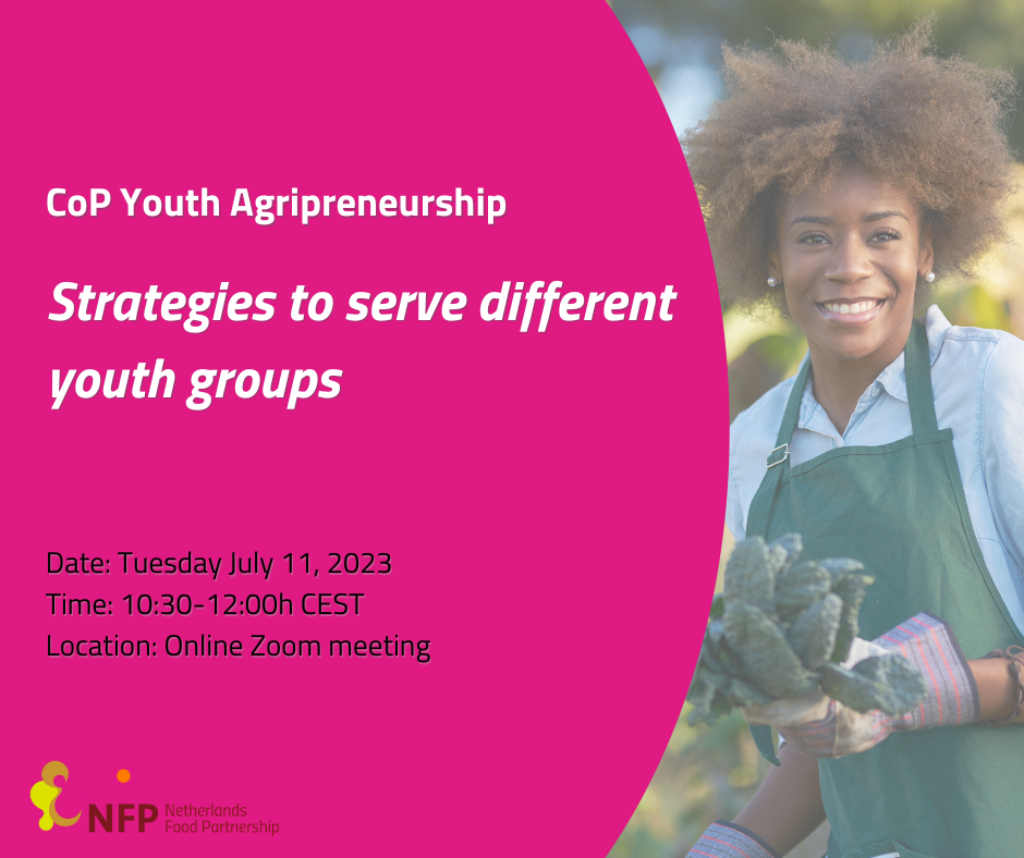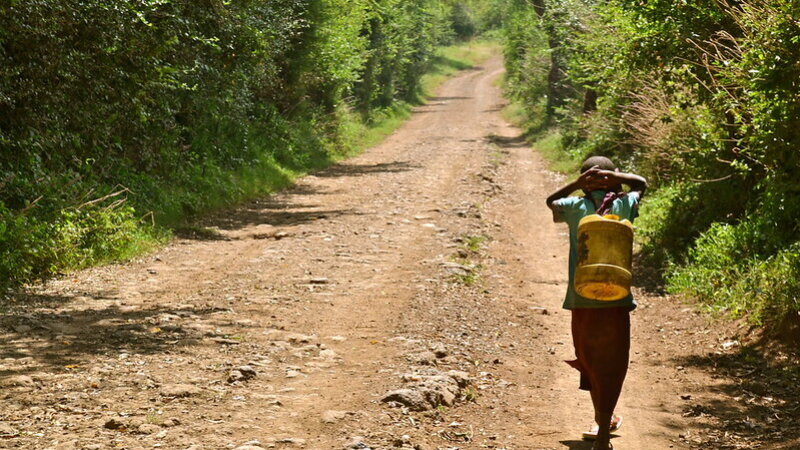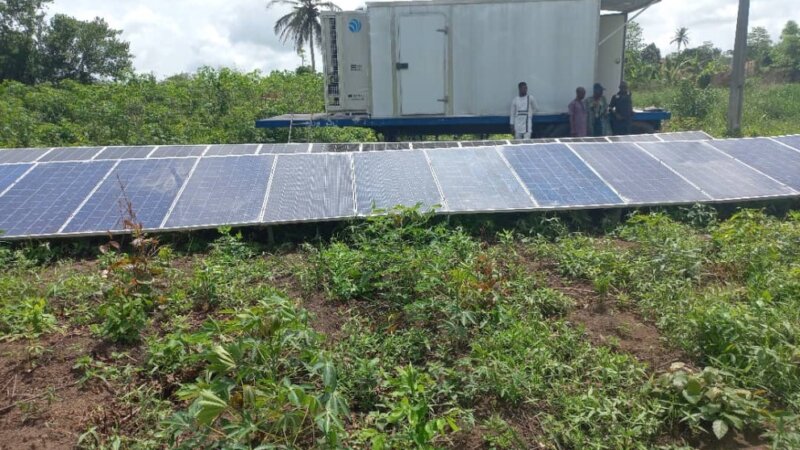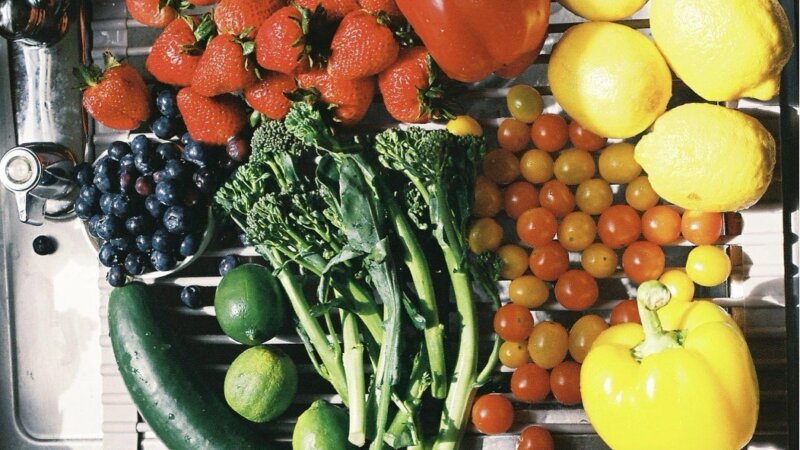From subsistence farmer to agripreneur; Strategies to effectively serve different youth groups
Stimulating decent youth employment has become a priority in many international, regional, and national development strategies. This growing momentum behind the idea of decent employment for youth has led to a proliferation of youth-targeted interventions. A telling example includes the Dutch government’s new policy on Foreign Trade and Development Cooperation, which includes “an extra commitment to youth employment in Africa”. The Dutch government plans to invest “in a new multiyear vocational and higher education programme, with the explicit aim of ensuring that young people are better prepared for the labour market”.
Among these numerous interventions, increasing attention is paid to stimulating youth agripreneurship, as a means of harnessing opportunities present in the African agricultural sector, such its capacity to absorb a large number of youth. Programmes and policies focused on stimulating youth agripreneurship identify opportunities for decent job creation for youth in agribusinesses and build the agripreneurial capacity of African youth. As such youth agripreneurship is increasingly heralded as an innovative, crosscutting approach through which to tackle a multiplex of challenges, including climate change, food insecurity, and inequality.
Youth agripreneurship programmes and policies, however, face several challenges in reaching their full potential. For one, youth in Africa make up a diverse group, consisting of young women and men from rural, peri-urban, and urban areas alike, with differing technical skills, working experience and education levels. Therefore, programmatic approaches that work for one group of young people, might not work for another, posing challenges for programmes to be effective for different youth groups.
A collaborative research project by NFP, INCLUDE and The Broker on inclusive youth agripreneurship in Africa, found that youth are too often regarded as a homogenous group, and the differing needs of entrepreneurial youth, subsistence farmers and youth that are (seeking) employment in agriculture remain unaddressed by common approaches. The research report and policy brief formed the basis for a Community of Practice which aims to strengthen the impact of youth agripreneurship programming.
In a series of learning sessions, members exchange about their lessons, best practices and challenges in cases from their own practice, to help practitioners and policy makers to develop and implement more effective interventions.
The first learning session on July 11, 2023, will focus on strategies to effectively serve different youth groups. In the run up to the event we would like to hear from you:
How did you adapt strategies and tools in your youth agripreneurship initiative to the needs of different youth groups that you aim to serve?
Please register for the session and/or request membership of the CoP here.

Author

Bente Meindertsma
Coalition Builder Netherlands Food Partnership





